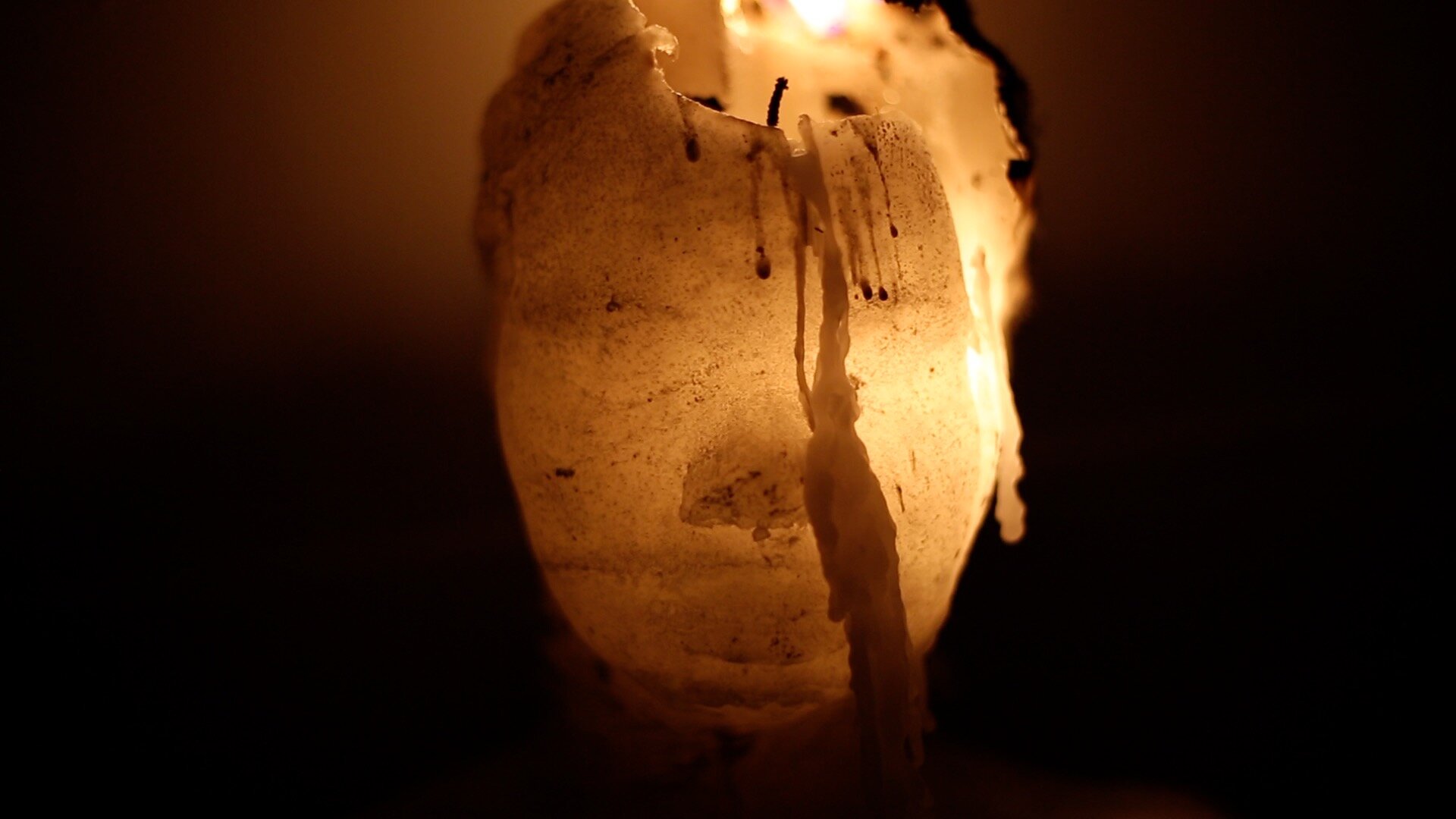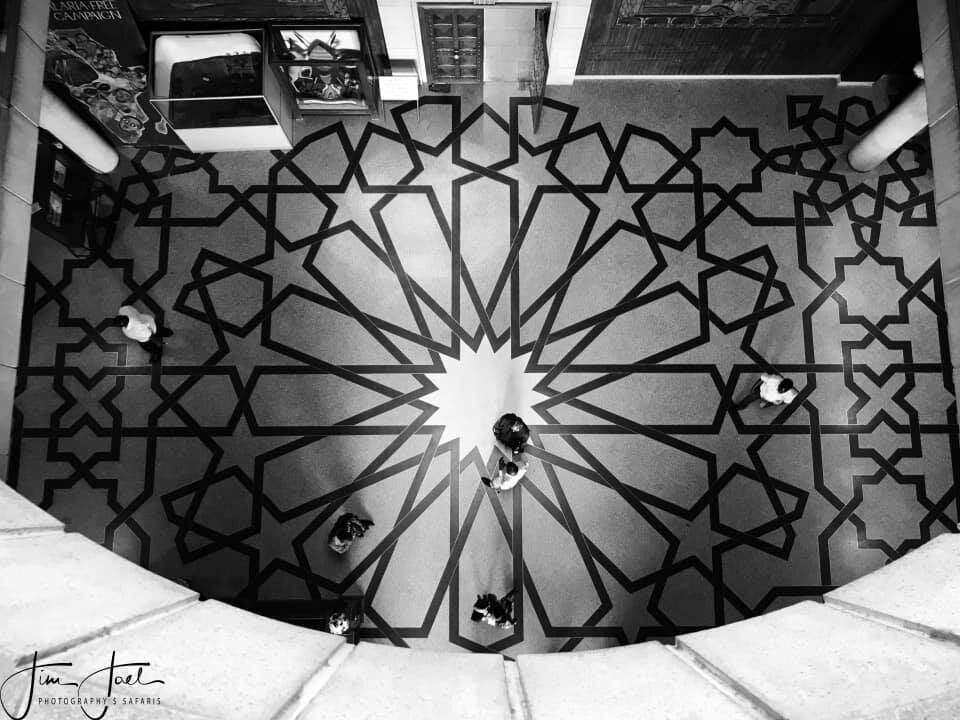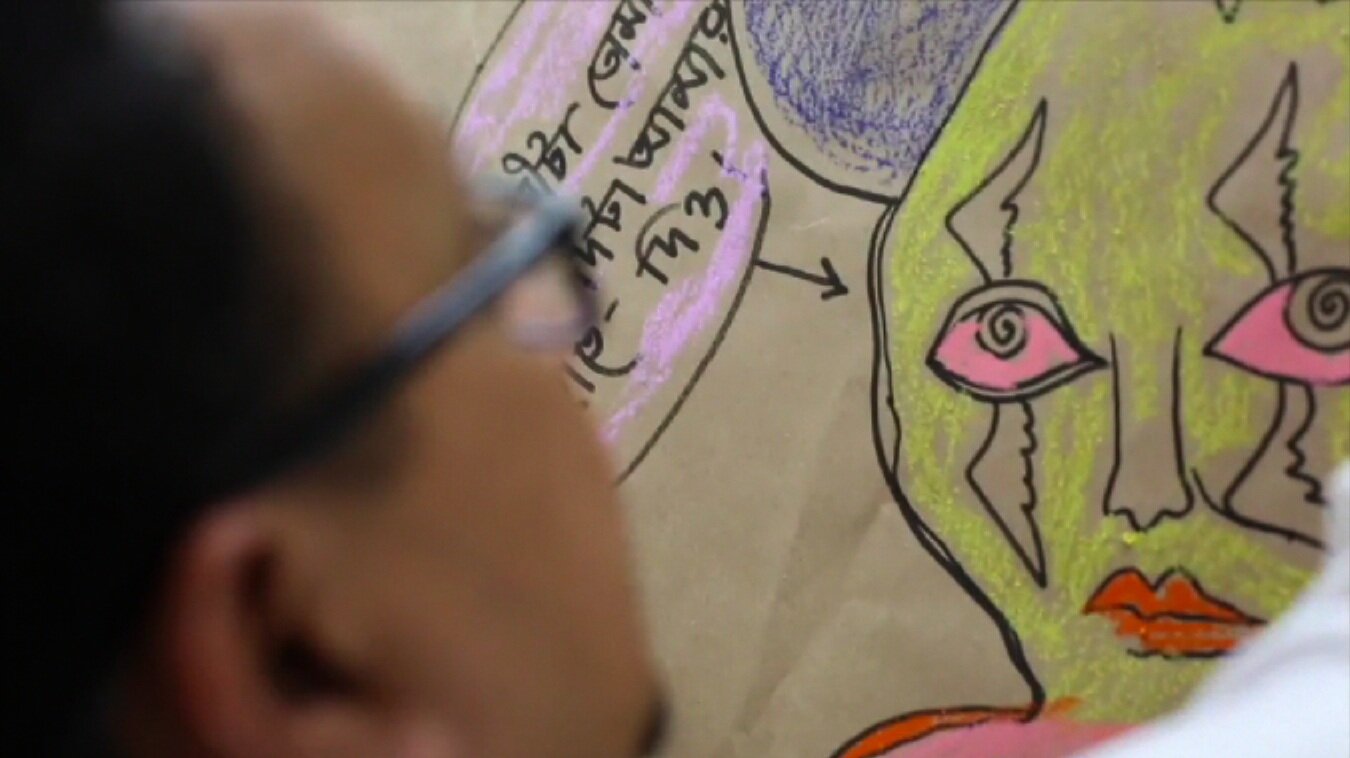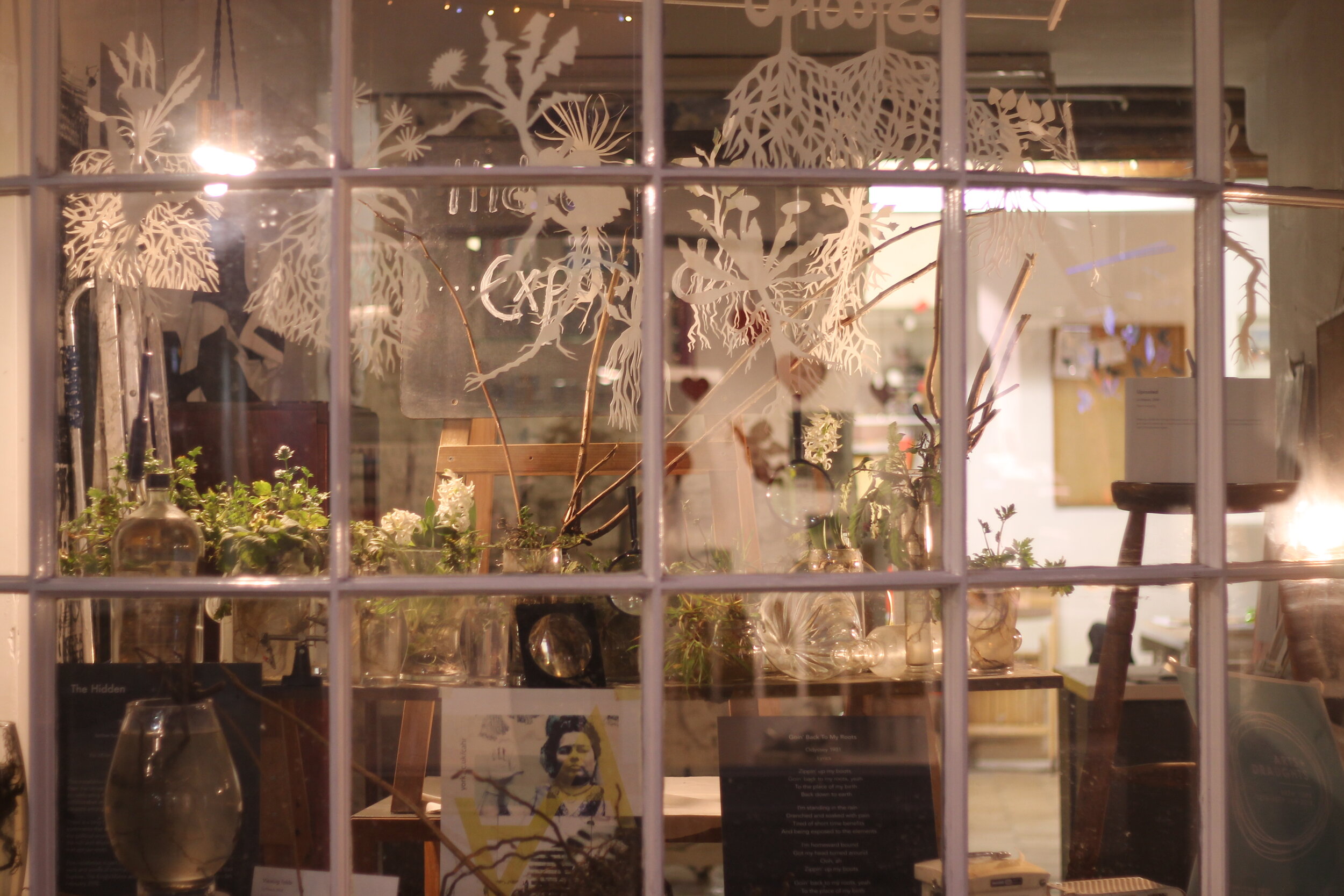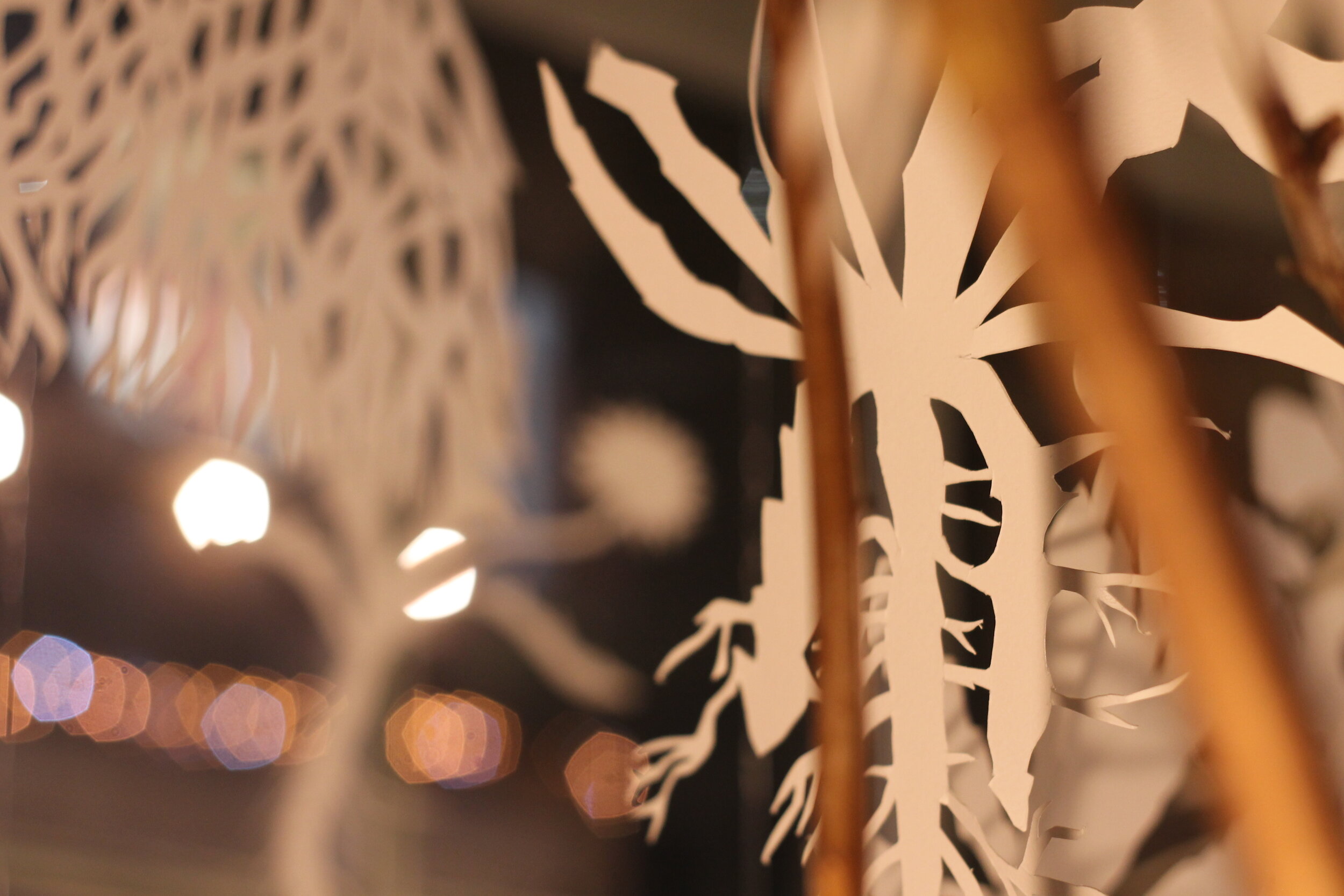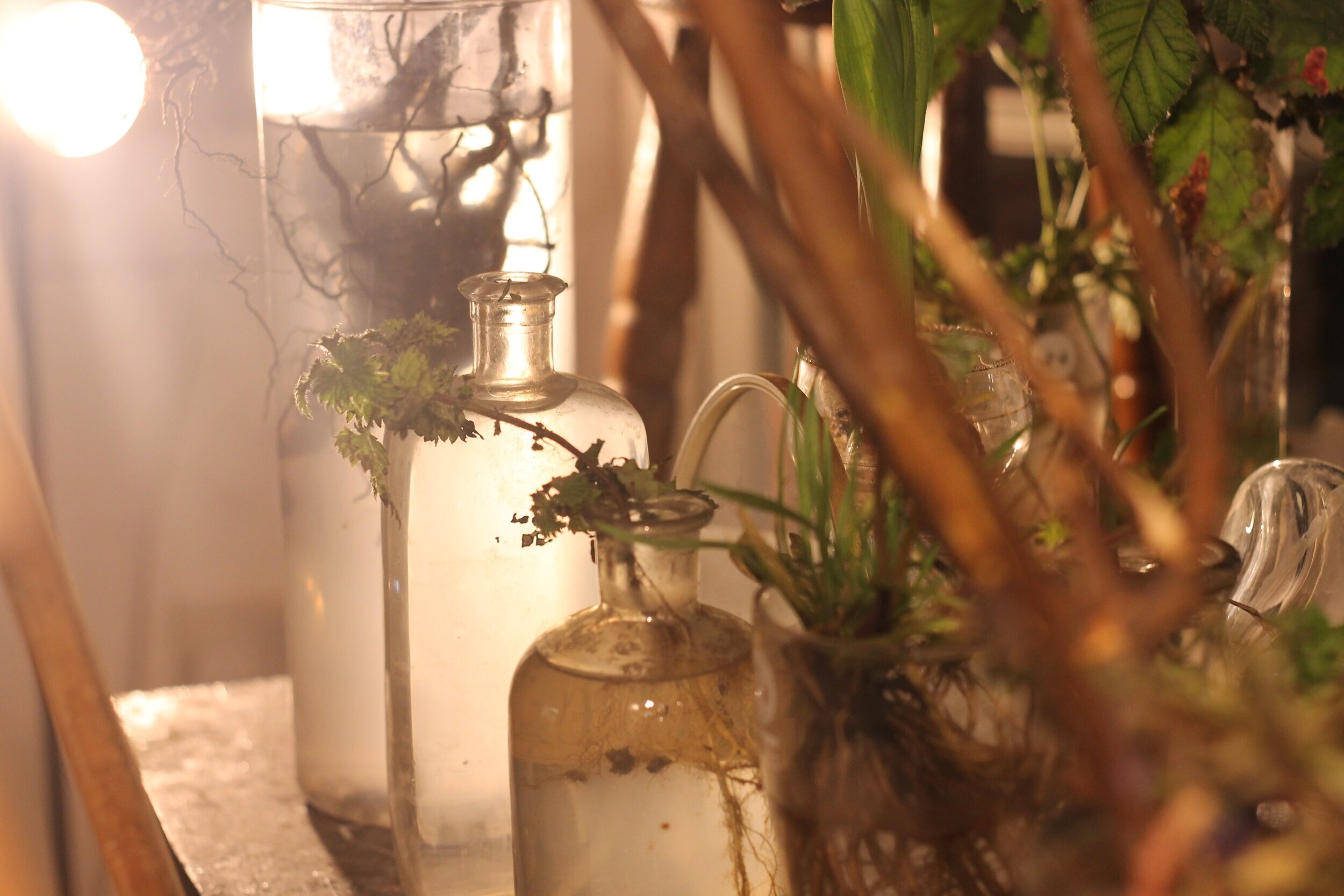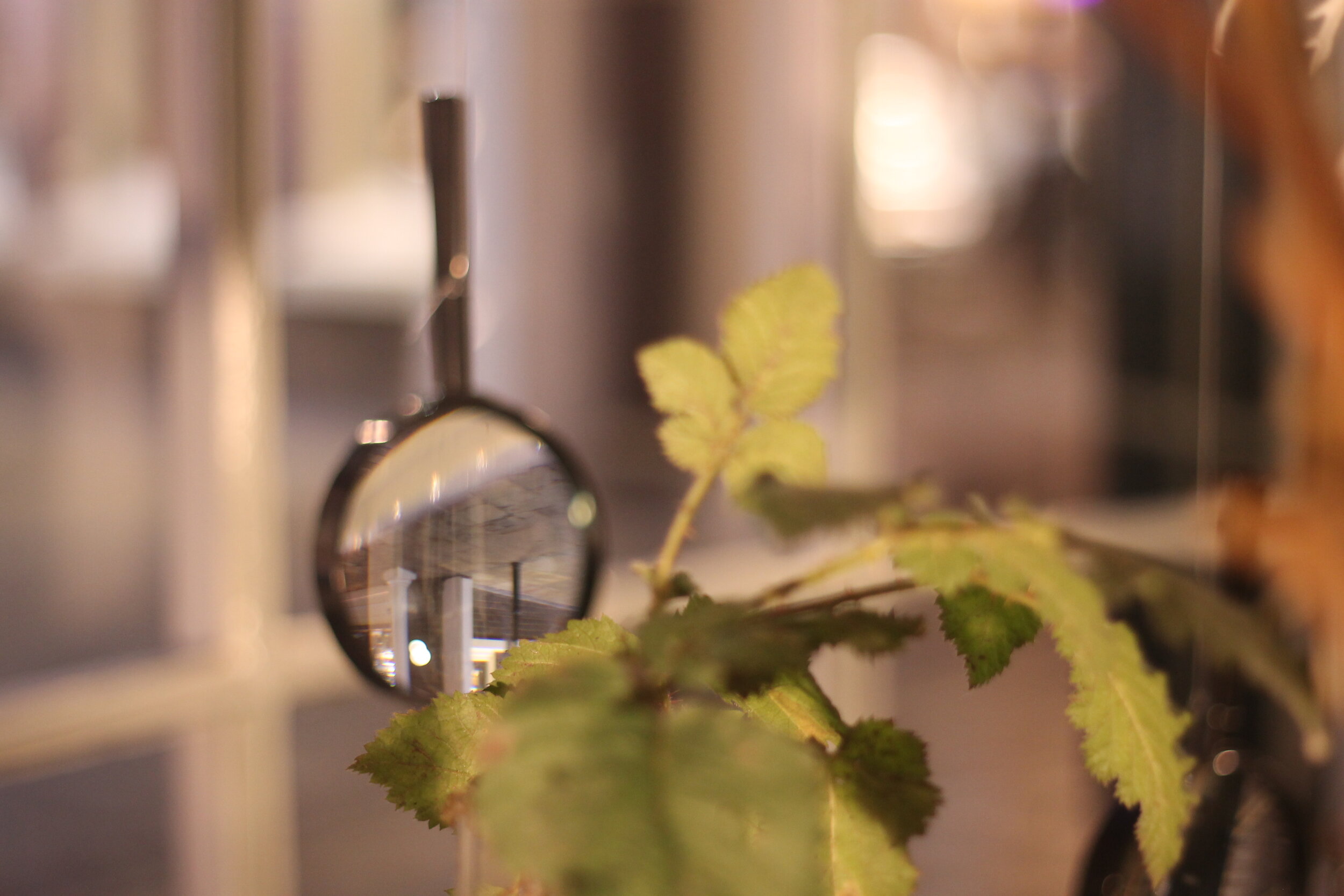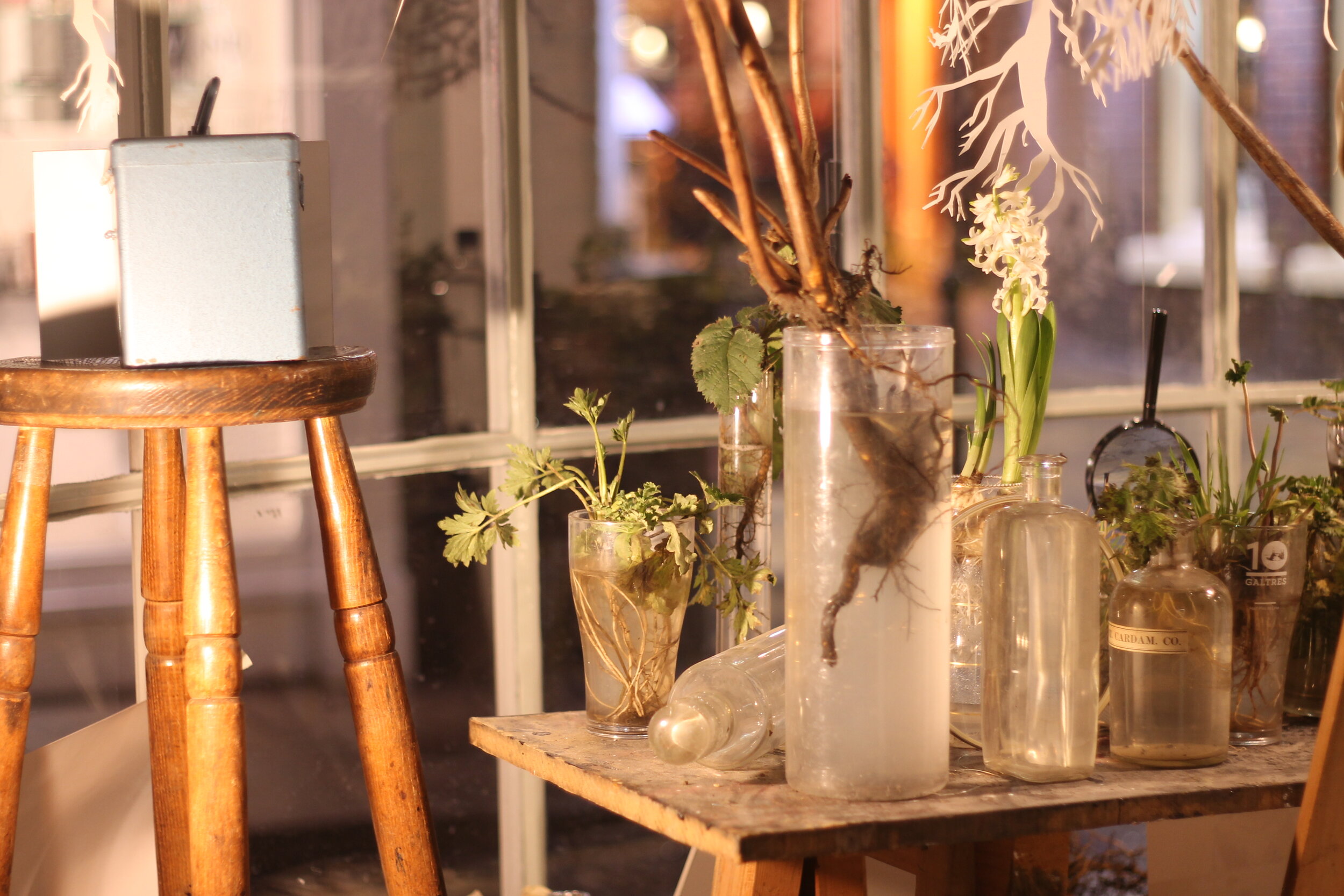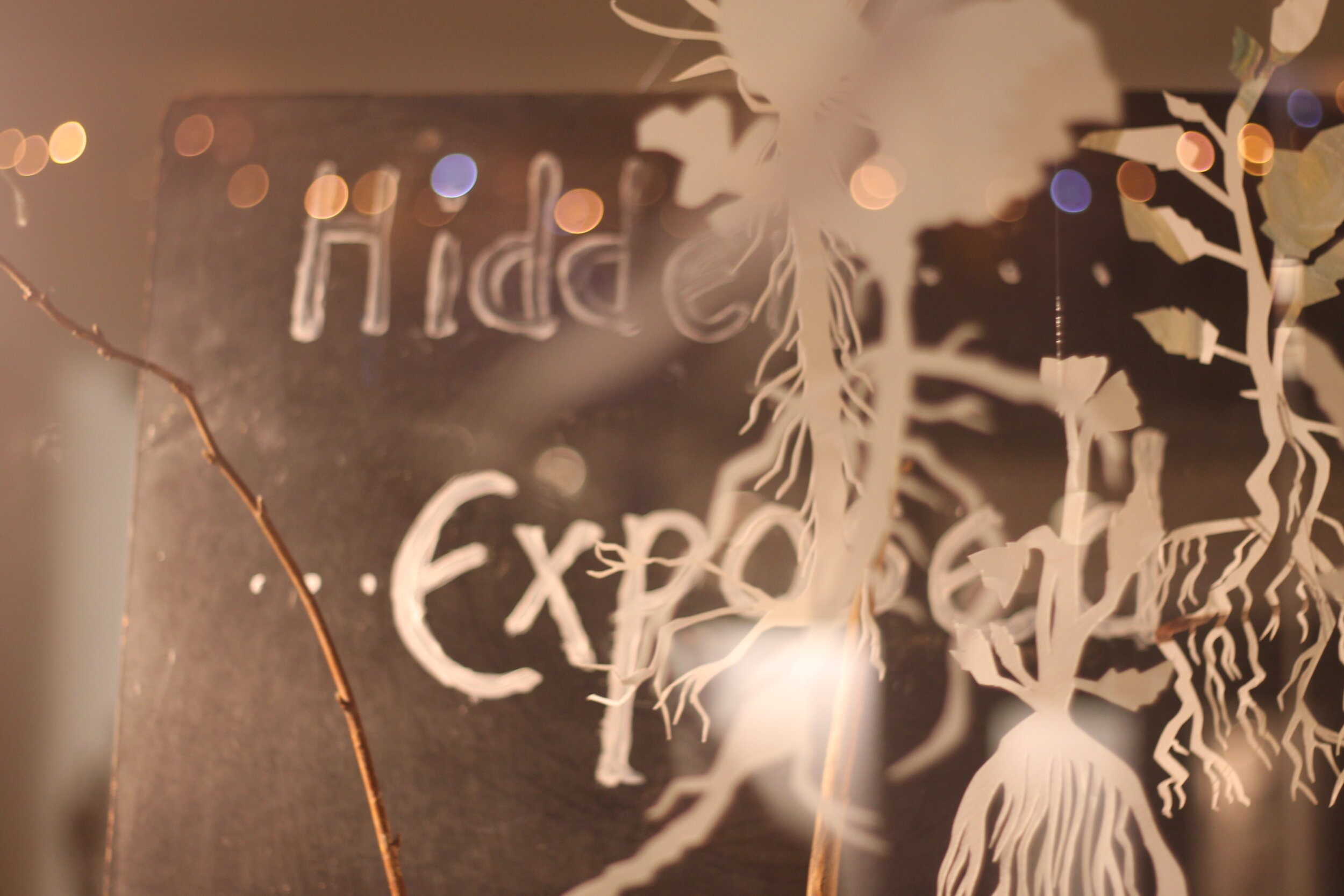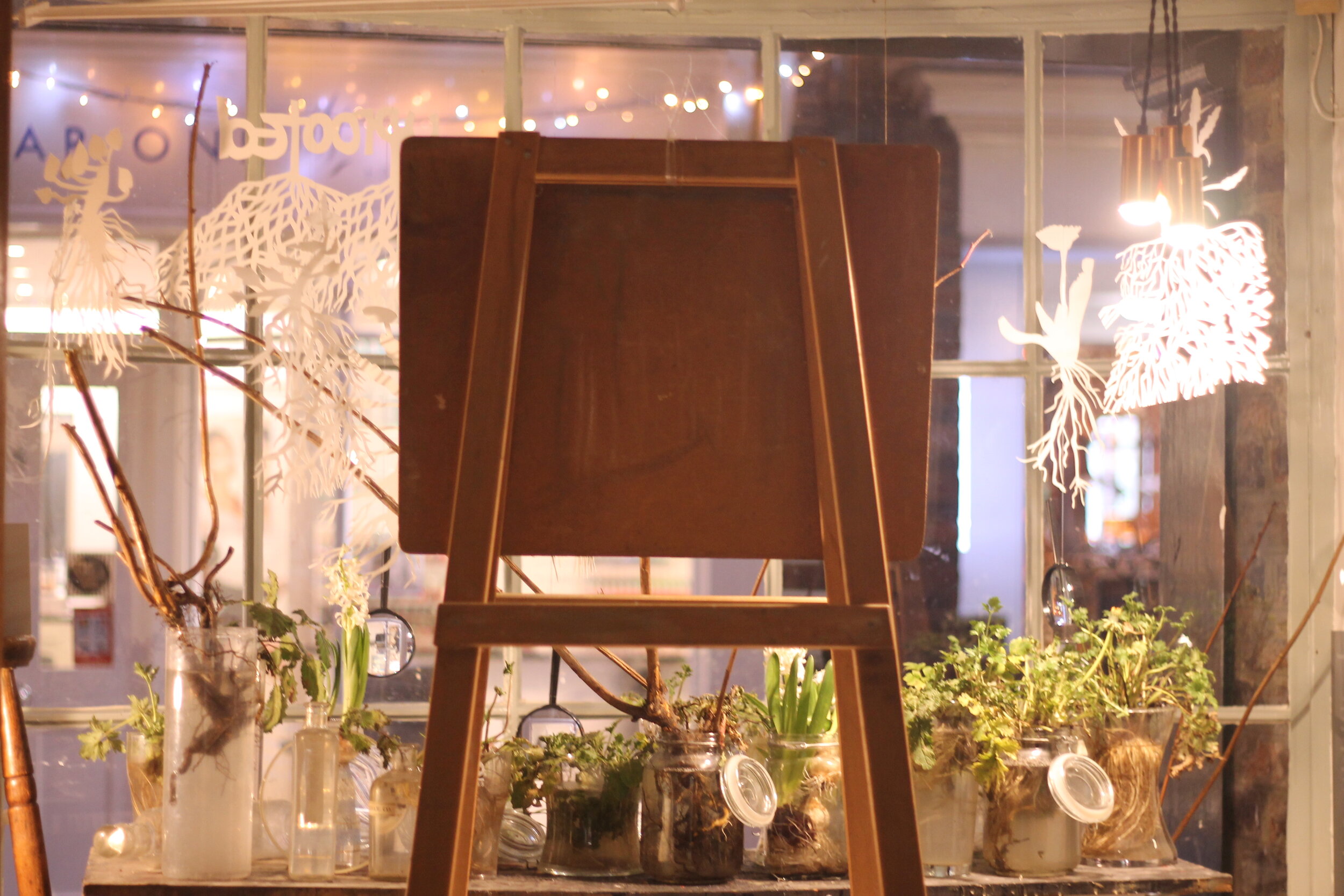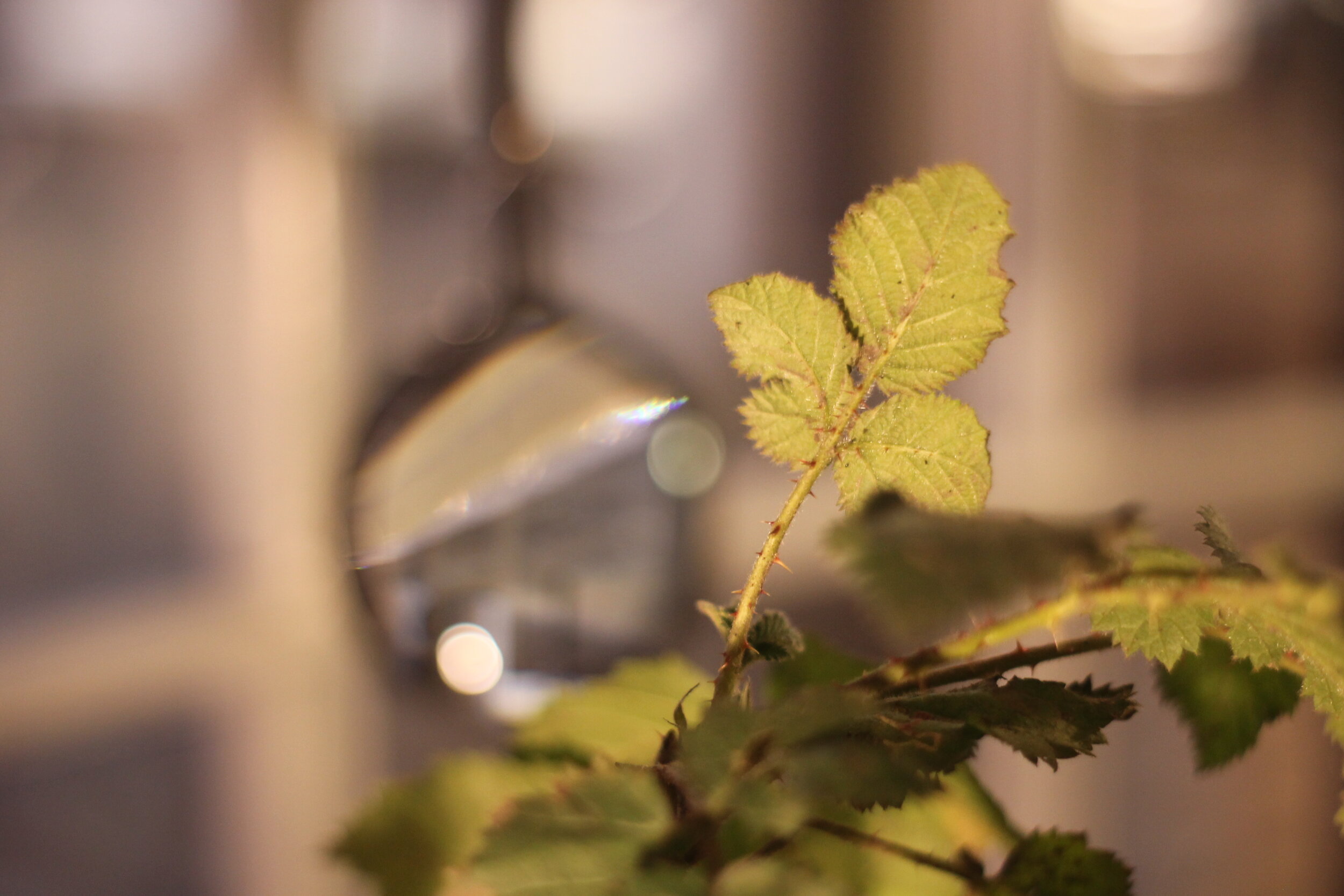About
Following the themes of disruption, performance and translation, the development alternatives network has formed as a group of people interested in producing open conversations that allow for new political imaginations to flourish in unlikely collaborations and spaces.
Development alternatives is understood to mean the diversity of practice and thinking that offers an alternative to mainstream development approaches e.g. neo-liberal, service delivery, aid-centred, hierarchical and entrepreneurial, in particular by bringing in approaches and voices rarely heard in development debates and practice.
Research and Projects
Art, Activism and the cultural archive
Creative activism
pushing back
Exhibitions
Street Show,Chittagong, Bangladesh. 2019
Uganda National Museum, Kampala.2020
Archive alive
Installation, York Design Week, UK. 2019
Photographic exhibit, Kampala, Uganda. 2019
Bodymapping
Poster and film exhibit at the Festival of Ideas, York 2018
3D Screening at The Festival of Ideas, York, UK. 2018
Mbuuza / I am asking
An multimedia exhibit in Kampala, November 2020
Art and activism
Multi media exhibition York 2017
archive of artworks
Archive of Artworks
The archive is a collection of pieces devised in response to the creative activism, pushing back and arts, activism and archive projects and research. The archive includes examples of site specific installations, poetry, films, sculpture, theatre pieces, photography exhibits, performance art and soundscapes.
texts
methodology
Site specific installations
'Landscape Happening' is a film of ‘A Landscape Activity’ by installation artist, Shohrab Jahan and the Jog Art Space in Chittagong, Bangladesh. The happening was made as a response to the Creative Activism project themes. The film was captured on film by Morshed Himadri Himu and edited by Shohrab Jahan and Emilie Flower during his residency at the Pica Studios in York.
Fictional Films
‘Communion,’ a short film reflecting on performance and reality, written and produced after the workshop by Patience Nitumwesiga.
Communion is the story of a woman digging into her past to find healing and well-being. It’s about breaking out of daily boxes that women, mostly black women, are expected to fit into, and forging an imaginative journey through her pain using her past as a torch to finding her path into the future.” The film was screened at this years Zanzibar film festival, and nominated in the 2019 Mashariki Film Festival awards in the category of Best African Short Film and Best East African Short Film.
Poetry
Exerpt from ‘Reaching Within Us to Beyond Us’
By Susan Kiguli
Sitting sometimes standing
Moving in the mapped out space
Of Makerere Art Gallery
Reflecting on what images and words
Can do to transform places
To elevate a country
It felt like this country is a book
And we were taking it off the shelf
Blowing away the dust
Opening its delicate pages
And breathing life
Into words……
Theatre production
Ribon Khandokar attended the workshop and was inspired to transform her theatre company, Tannisho Natuya, to produce more independent politically conscious theatre. “We launched our journey of art and activism only with our positive energy and our pocket money…we chose two scripts; one is “ Letter to Child never born” and “Urthiri- The component”.
Sound Pods by Emilie Flower, Lynette Queck and Rebecca Carr
Interactive soundscape
Research is a generative process, and the raw data can be hard to understand. The sound scapes are a projection of data that was generated by research at the centre. They take as their inspiration the replacement of the head with a lotus flower, a repeating motif in the Bangladeshi creative alternatives research workshop in Dhaka.
Much of the artwork in this exhibition is a response to this data – but what distinguishes it from the usual way that we encounter research is that it has been analysed and distilled by artists rather than social scientists, and presented through their lens.
The soundscapes are an opportunity to appreciate the raw noise of unprocessed data.
Collage exhibited at the 22nd National Art Exhibition, Shilpakala Gallery, Dhaka, 2017
Window exhibit
The Viewing Table plant installation and Uprooted paper hanging were a collaborative window display created for the art and activism exhibition by Lu Mason and Emilie Flower at Pica Studios, 2018.
“Sometimes we forget to look closely at what lies beneath. We can be so easily bowled over by the show and we don’t notice what is hidden from view.
Uprooted is making visible the things that your roots give you. Anchoring, history, culture and nourishment. If you have to leave your country you experience an uprooting and if you are uprooted you have to start that process again.”
Methodology
Collaborative improvised poetry
Can arts-based research methods and practices disrupt dominant ways of knowing and performing “development”. In June and July 2017, workshops were held with artists and activists from Bangladesh and Uganda to explore this question, led by artist Emilie Flower and researcher Ruth Kelly from the York University Centre for Applied Human Rights. The participants responded to the workshop themes with a series of poems.
‘Should I stay or should I go,’ a video collage of the poem by Helena Okiring about diaspora and politics, composed and performed during the workshop in Kampala, June 2017.
Should I Stay? Should I go?
Let’s begin:
should I stay should I go
should I choose you do I choose me
do I fight do I flee
do I fall do I stay
do I fly do I go
can I take it can I fight
can I do this can I risk it
should I stay should I go
should I stay
I don’t know
your role your role was there.
I know all of us in our lives, at different points and times, go through moments of indecision. We live in a time when we are expected to have all the answers and we don’t really embrace not knowing what to do. And over time I’ve come to learn that it’s OK not to have the answers. Confusion—is a healthy part of arriving at a solution. Just because you feel confused doesn’t mean your mind is not working. Somehow, whatever it is—whether it’s someone you need to leave, whether it’s a situation you need to detract yourself from, whether it’s a job you need to walk out of, whether it’s a relationship that’s just not working—let’s embrace that moment of indecision. You’ll somehow know what to do eventually. Yes: it’s ok to be confused, yes, yeah. That’s it. Good.
- By Helena Okiring, Kampala, 2017
“I know all of us in our lives, at different points and times, go through moments of indecision. We live in a time when we are expected to have all the answers and we don’t really embrace not knowing what to do. And over time I’ve come to learn that it’s OK not to have the answers. Confusion – is a healthy part of arriving at a solution. Just because you feel confused doesn’t mean your mind is not working. Somehow, whatever it is – whether it’s someone you need to leave, whether it’s a situation you need to detract yourself from, whether it’s a job you need to walk out of, whether it’s a relationship that’s just not working – let’s embrace that moment of indecision. You’ll somehow know what to do eventually. Yes: it’s ok to be confused, yes, yeah. That’s it. Good.”
.
Chimi produced a poem in the round to mirror his experience of traditional oratory.




